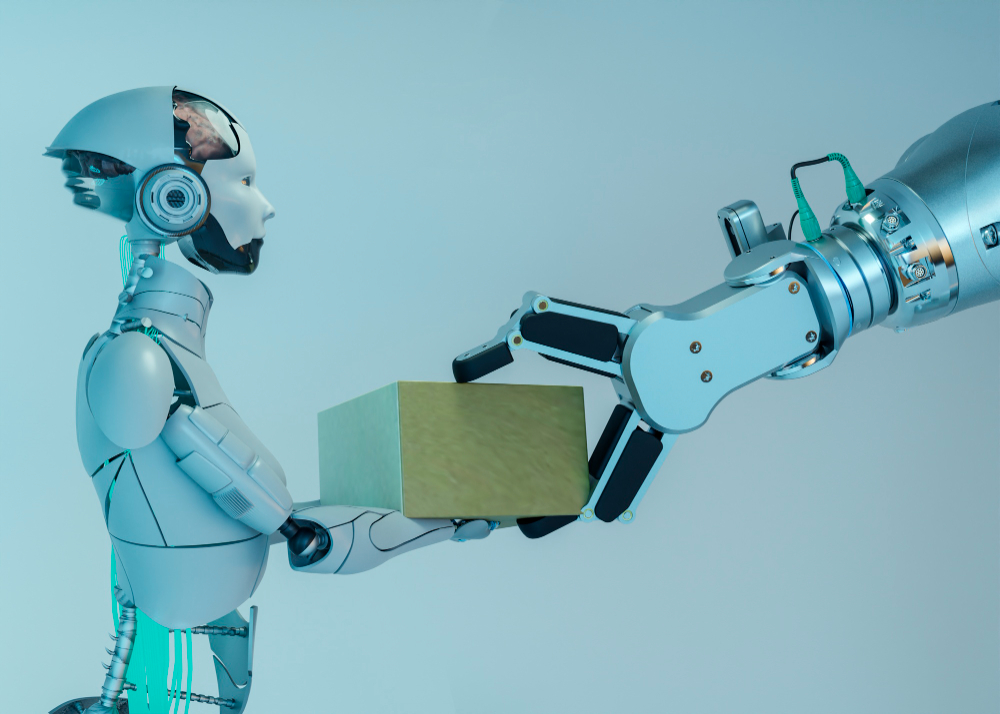In the realm of scientific exploration, artificial intelligence (AI) stands as a potent catalyst, propelling discovery at an unprecedented pace. Through its ability to decipher complex datasets and unveil hidden patterns, AI is redefining the very essence of research, ushering in an era of data-driven discovery. By automating laborious tasks, streamlining experimentation processes, and fostering cross-disciplinary collaboration, AI accelerates the journey from inquiry to insight. Indeed, across diverse fields from biology to materials science, AI has already demonstrated its transformative potential, unlocking new frontiers and challenging long-held paradigms. However, this newfound power is not without its challenges. Ethical considerations loom large, demanding transparency, accountability, and mitigation of biases. Nonetheless, the promise of AI in reshaping our understanding of the world is undeniable. As we look to the future, embracing AI-driven research holds the key to unlocking even greater mysteries, paving the way for a future where scientific breakthroughs are not just envisioned but realized at an astonishing pace.




